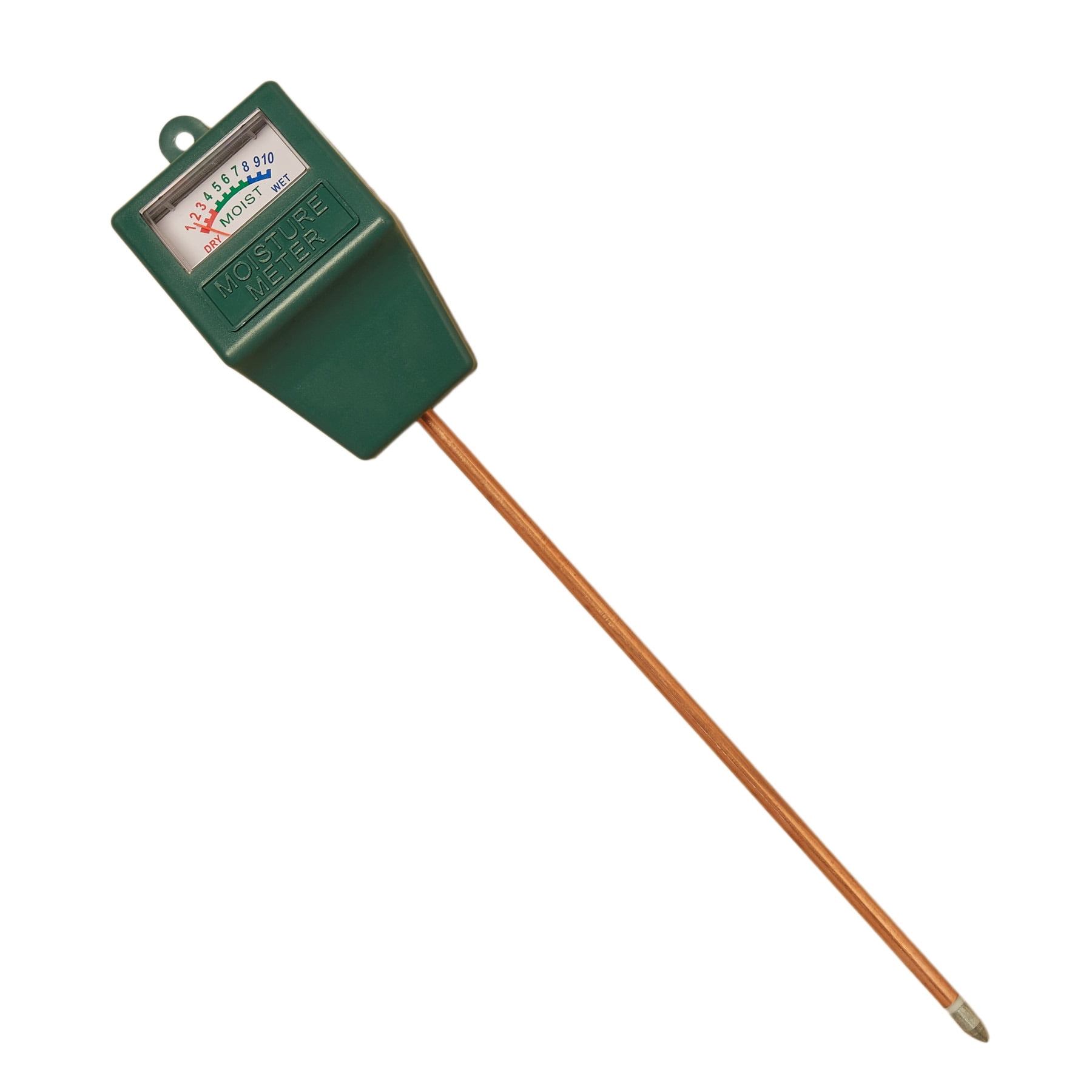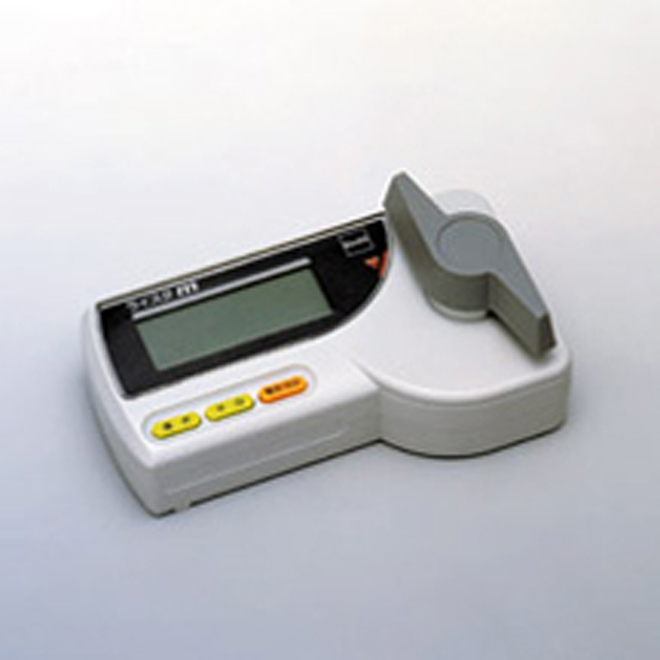How to Utilize a Moisture Meter to Detect Concealed Water Damages in Your Residential property
How to Utilize a Moisture Meter to Detect Concealed Water Damages in Your Residential property
Blog Article
The Ultimate Overview to Moisture Meters: A Comprehensive Review and Just How They Can Save You Money
In the world of building upkeep, building and construction, and various markets, the significance of accurately gauging wetness levels can not be overemphasized. Wetness meters work as crucial tools in finding and keeping track of moisture content in products, aiding in avoiding costly problems and guaranteeing the high quality of items. Comprehending the subtleties of different sorts of wetness meters, their applications, and the potential cost-saving benefits they provide can be a game-changer for organizations and experts alike. Discovering just how these gadgets can not just simplify processes yet additionally add to financial cost savings is a trip worth starting.
Kinds Of Moisture Meters
One typical kind is the pin-type dampness meter, which measures the electric resistance in between 2 pins placed right into a material. Pinless moisture meters, on the other hand, usage electromagnetic sensing unit plates to check a larger location without causing damages to the material's surface.
Additionally, there are also specialty wetness meters designed for certain materials like grain, hay, or dirt. These meters supply precise wetness analyses tailored to the special residential or commercial properties of the material being evaluated. Infrared wetness meters gauge the thermal properties of a material to identify its wetness content non-invasively, making them beneficial for applications where pin or pinless meters may not be appropriate. Recognizing the various kinds of dampness meters readily available can aid sectors pick one of the most appropriate tool for their details moisture measurement needs.

Benefits of Using Moisture Meters

Furthermore, making use of dampness meters can result in increased power performance. By recognizing locations with high dampness levels, such as leaks or inadequate insulation, adjustments can be made to enhance power preservation and lower energy costs. In farming setups, dampness meters play a crucial function in enhancing plant returns by allowing farmers to monitor soil wetness levels and make notified watering decisions. Generally, the benefits of utilizing moisture meters span throughout various industries, offering cost-effective options and promoting much better quality assurance methods.
Exactly How to Pick the Right Moisture Meter
Selecting the suitable dampness meter involves considering key elements such as product compatibility, measurement variety, and calibration accuracy. When picking a moisture meter, it's vital to make sure that the meter appropriates for the specific product you will be testing. Different materials have varying electrical homes that can influence wetness readings, so choosing a meter developed for your material is essential for exact results. Furthermore, think about the dimension series of the dampness meter. Make sure that the meter can discover wetness levels within the array needed for your applications. Calibration precision is another important aspect to keep in mind (Moisture Meter). Select a dampness meter with reputable calibration to make sure accurate and constant readings. Some meters might need routine calibration modifications, so comprehending the calibration process is important. By very carefully evaluating these elements, you can pick a moisture meter that meets your needs and gives exact moisture dimensions for your jobs.
Correct Methods for Moisture Meter Usage
To make certain accurate dampness readings and optimize the effectiveness of a moisture meter, utilizing proper methods is necessary. When utilizing a pin-type dampness meter, place the pins or probes right into the material being tested till they make complete call. Guarantee the pins are vertical to the surface to get one of the most precise analysis. For pinless dampness meters, hold the tool level against the material and relocate slowly to cover the entire area for an ordinary analysis. It's critical to adjust the moisture meter according to the material being evaluated to boost precision. Take numerous analyses throughout the surface area and ordinary them out for an extra dependable outcome. In addition, ensure that the material being checked is acclimated to the setting to stop skewed analyses. Normal maintenance of the wetness meter, such as cleaning the pins or sensor, is additionally important to make certain exact and constant readings. By adhering to these appropriate methods, customers can count on their dampness meter to supply reliable wetness degrees, helping in avoiding expensive damage or guaranteeing top quality in various applications.

Expense Cost Savings With Moisture Meter Applications
Exactly how can the tactical use of dampness meters bring about substantial expense financial savings across numerous markets? Wetness meters play a critical function in cost savings by avoiding potential damages and making sure high quality control in more tips here different sectors. In the agriculture market, dampness meters aid in figuring out the optimum time for harvesting plants, protecting against excess or over-drying moisture that can influence the final product's high quality. This specific tracking assists farmers stay clear of unneeded losses and maximize their return.

Additionally, in the food processing sector, wetness meters are crucial for monitoring item high quality and making certain conformity with safety and security guidelines. By accurately measuring wetness web content in food items, suppliers can protect against spoilage, maintain quality, and minimize waste, causing significant expense savings. In general, the calculated application of wetness meters is a beneficial financial investment that can result in considerable expense reductions and enhanced efficiency throughout various industries.
Final Thought
To conclude, dampness meters are beneficial tools for determining and finding dampness degrees in numerous products. By making use of the right dampness meter and adhering to correct strategies, customers can properly prevent expensive problems triggered by excess wetness. Purchasing a high quality moisture meter can cause significant cost financial savings in the future by determining prospective concerns early on and enabling prompt removal. Eventually, wetness meters are essential tools for maintaining the honesty and longevity of products and structures.
Wetness meters serve as crucial devices in identifying and keeping track of moisture content in products, aiding in stopping costly damages and ensuring the quality of items. Infrared moisture meters gauge the thermal residential properties of a material to identify its wetness material non-invasively, making them useful for applications where pin or pinless meters may not be suitable.Dampness meters supply important advantages in accurately evaluating and monitoring moisture degrees in varied products and atmospheres. In agricultural settings, over at this website dampness meters play an essential function in enhancing crop returns by making it possible for farmers to monitor soil wetness degrees and make educated irrigation decisions.In final thought, dampness meters are useful devices for gauging and detecting wetness levels in various materials.
Report this page